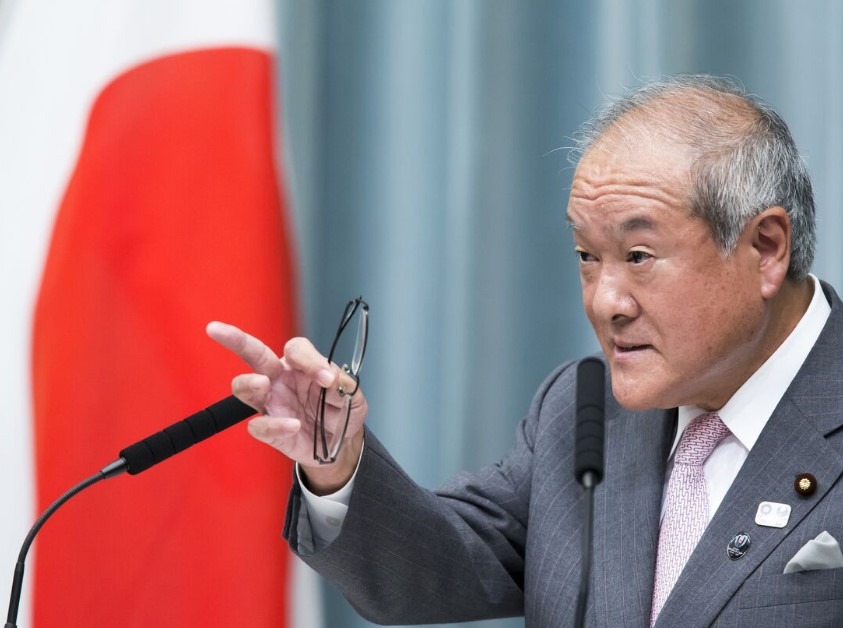Discussing Japan’s Monetary Policy and Yen Movements
Interview with Finance Minister Shunichi Suzuki
Japanese Finance Minister Shunichi Suzuki recently had an interview with Japan’s media, Nikkei, where he discussed various aspects of the country’s economic policies. One of the key points he touched upon was the role of the Bank of Japan in setting monetary policy. Suzuki mentioned that while the central bank has control over monetary policy, there may come a time when interest rates will need to be increased. However, he did not provide a specific time frame for this potential shift.
Impact on Yen Movements
When it comes to the Japanese yen, Suzuki highlighted the complex nature of its movements and the differing effects it can have on Japan’s economy. The fluctuating value of the yen can impact exporters and companies that rely on imports in different ways. Despite this, Suzuki refrained from expressing a preference for a weak or strong yen, leaving this matter open for interpretation.
Analysis of Suzuki’s Comments
While Finance Minister Suzuki’s comments provide some insight into Japan’s monetary policy and currency dynamics, the lack of specificity leaves room for uncertainty. The potential for interest rate increases and the ambiguity surrounding yen movements could create challenges for businesses and investors navigating Japan’s economic landscape.
How Will This Impact Me?
For individuals and businesses operating in Japan, the uncertainty surrounding future monetary policy decisions and yen movements could impact various aspects of financial planning. Fluctuations in interest rates and currency values may influence borrowing costs, export-import dynamics, and overall economic stability within the country.
Global Implications
On a global scale, Japan’s monetary policy decisions and yen movements can have ripple effects across international markets. Changes in interest rates and currency values in Japan may impact trade relationships, investment opportunities, and market sentiment worldwide. It’s essential for global stakeholders to monitor developments in Japan’s economy to assess potential implications for their own financial interests.
Conclusion
In conclusion, Finance Minister Shunichi Suzuki’s comments shed light on Japan’s monetary policy and yen movements, but also raise questions about the future direction of economic policies in the country. The implications of potential interest rate increases and currency fluctuations extend beyond Japan’s borders, highlighting the interconnected nature of global financial markets. Stakeholders must stay informed and adaptable to navigate the evolving economic landscape effectively.





